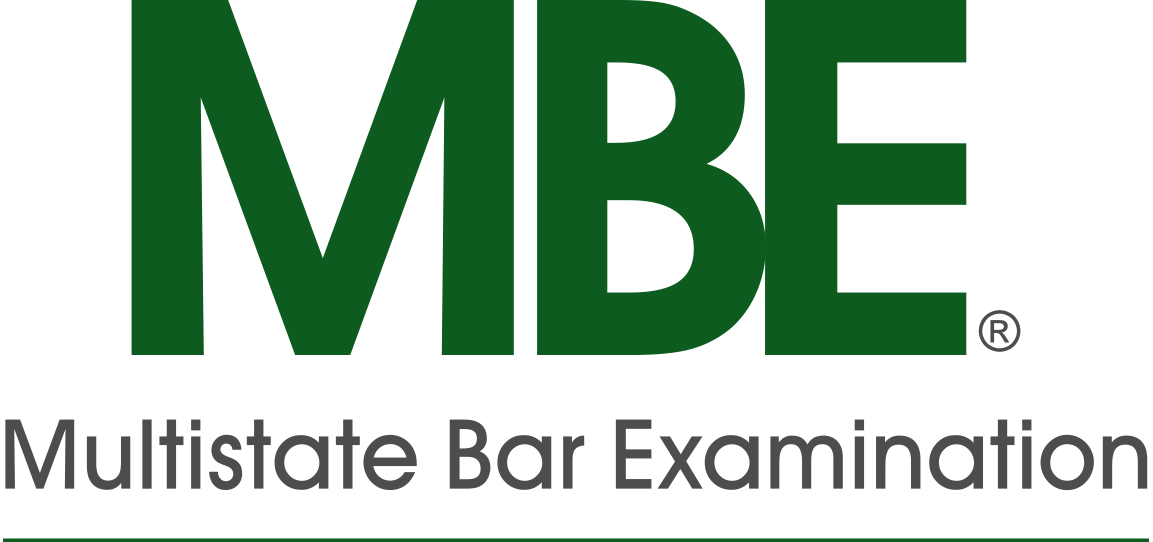
NCBE scores the MBE and reports examinees' scores to the jurisdiction in which the examinee tested. NCBE does not report scores to examinees unless authorized by the jurisdiction, and then only after the jurisdiction has announced its bar examination results.
